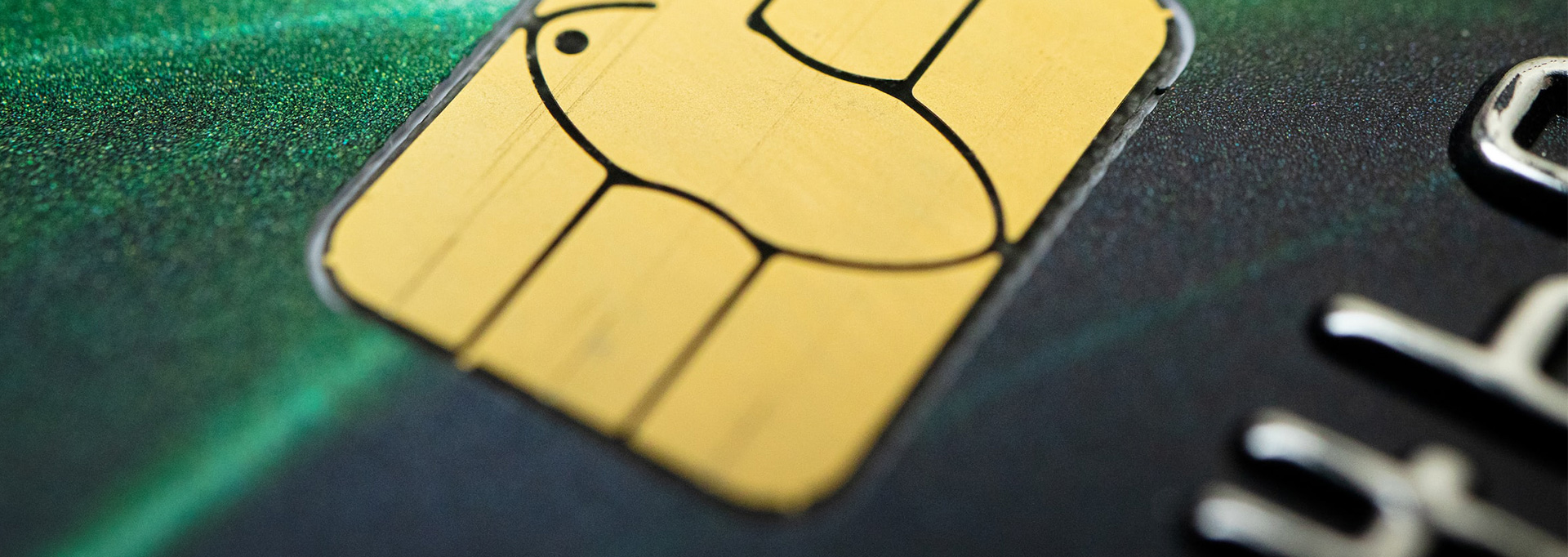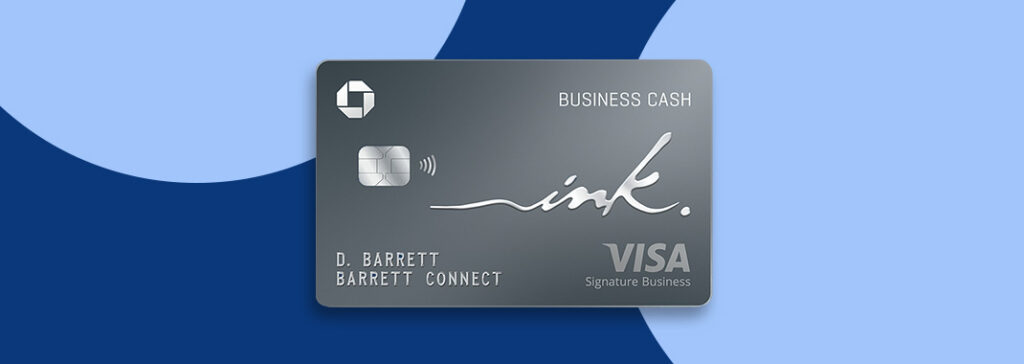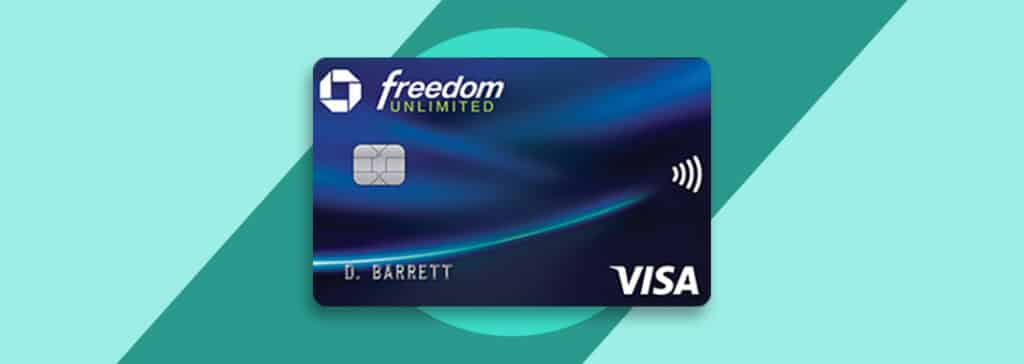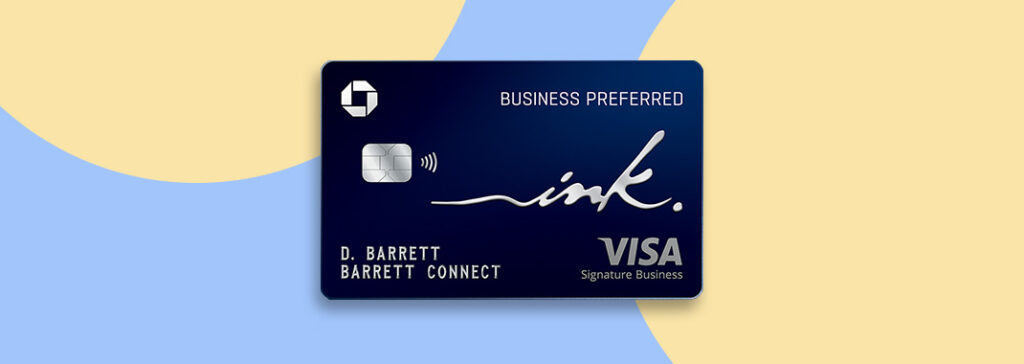Most products on this page are from partners who may compensate us. This may influence which products we write about and where and how they appear on the page. However, opinions expressed here are the author's alone, not those of any bank, credit card issuer, airline or hotel chain. This page may include information about American Express products currently unavailable on Slickdeals. American Express is not a partner of Slickdeals.
Credit cards have the potential to benefit you in many different ways. These versatile financial tools can help you build your credit score while earning cash back or rewards. Credit cards also offer you protection when you make purchases that other forms of payment can't compete with.

How to Improve Your Credit Score Fast for Free
But if you mismanage your credit cards, those same accounts might lead to serious financial problems. Keep reading to discover eight examples of bad credit card advice that could hurt you. You'll want to forget these credit card misconceptions to make the most of the pieces of plastic in your wallet.
1. Bad Advice: Carrying a balance on your credit cards helps your credit scores.
The idea that you need to show some debt on your credit report to earn a higher credit score is off base. Instead, credit scoring models like VantageScore and FICO reward you when you keep your credit card utilization low.
The term "credit utilization ratio" describes how your credit card balances relate to your credit limits. If your credit report shows that you're using half of your credit limit—say a $1,000 balance on a card with a $2,000 limit—then your utilization rate is 50%.
Lower credit utilization rates are good for your credit score. Having fewer accounts with outstanding balances on your credit report might improve your credit score as well. Plus, when you revolve an outstanding credit card balance from one month to the next, you'll waste money on interest fees.
2. Bad Advice: Paying your credit card late occasionally won't hurt your credit score.
Another dangerous misconception about credit cards is the idea that paying your bill late every once in a while won't hurt you. In reality, even a single 30-day late payment on your credit report puts you at risk for credit score damage.
Payment history makes up 35% of your FICO Score. So if you want to earn and keep an excellent credit score (and the perks that go along with it), it's critical to make every credit card payment on time.

3. Bad Advice: It's fine to make only the minimum payment.
Paying your minimum payment on time each month protects your credit history from damaging late payments. And if you're in a bind due to a financial emergency, like a job loss or illness, it might be okay to pay only the minimum amount due while you work to get back on your feet.
Under normal circumstances, however, you'll want to pay your full monthly statement balance. When you pay only the minimum amount due it can lead to credit card debt, expensive interest fees and potential credit score damage.
4. Bad Advice: You should close credit cards you no longer use.
Having multiple credit cards shouldn't damage your credit score, as long as you use your accounts responsibly. But when you close a credit card, you might hurt your credit score instead of help it.
The reason why closing a credit card—especially one with no balance—may damage your credit score is because the account closure could raise your overall credit utilization rate. When your balance-to-limit ratio increases, there's a chance your credit score might drop in response.
5. Bad Advice: Debit cards are better than credit cards.
Credit cards are my payment method of choice for most financial transactions. In fact, I haven't used my debit card in years. But some people argue that debit cards are the safer choice since you can't use them to get into debt.
It's a fair point. However, credit cards still trump debit cards in three big ways:
- Fraud protections (Not long ago, my credit card paid me back when a crook stole my money.)
- Rewards
- Credit Building Capability
If you're worried about the temptation a credit card might pose, you can always open an account and then contact the card issuers to request a lower credit limit. A lower credit limit could help keep your urge to overspend in check, if that's something you feel like you need. And you can make several payments per month, as you use the account, to make sure there's still enough of a credit limit available to use it for day-to-day purchases.

How I Kept My 800 Credit Score Even After My Husband Left Me
6. Bad Advice: You should avoid new credit card applications to protect your credit score.
When you apply for a new credit card, the issuer will check your credit report from one of the three major credit bureaus. This credit check is also known as a credit inquiry—a hard credit inquiry to be specific. The reason it's called a "hard" inquiry is that it has the potential to hurt your credit score.
Yet the negative impact a hard inquiry might have on your credit score is often overhyped. Credit inquiries are some of the least influential factors where your credit score is concerned. FICO states that most people will see their credit score drop by less than five points when a new inquiry is added to their credit report. Sometimes, a hard inquiry won't affect your credit at all.
Slick Tip: Checking your own credit report is called a "soft" credit inquiry, and it does not hurt your credit score.
You do need to be careful not to apply for too much new credit in a short period of time. But there's no need to avoid applying for financing when you need it, or even to pass up the opportunity to score a valuable credit card sign-up bonus offer. The point of earning good credit, after all, is so that you can leverage it to your advantage.
7. Bad Advice: Interest rates, fees, and other card terms won't change.
If a credit card issuer approves your application, it will set the terms of your account (i.e., interest rate, fees, etc.) based on the condition of your credit and other factors. But these initial credit card terms aren't set in stone.
Once you've managed your credit card account well for six months or more, it may be worth your time to give the card issuer a call. Consider asking your credit card company if it's willing to do one of the following:
- Lower your interest rate.
- Waive or reduce your annual fee.
- Increase your credit limit.
There's no guarantee that the card issuer will honor your request. However, there's also no harm in asking.
8. Bad Advice: Credit cards make you go into debt.
Credit cards do not automatically lead to debt. In fact, the best way to manage a credit card is to pay off your balance every month. If you follow this rule of thumb, you can earn better credit scores and save money while taking advantage of some great credit card benefits.
Remember, a credit card is merely a plastic tool. You have all of the power to decide how you will use it.









